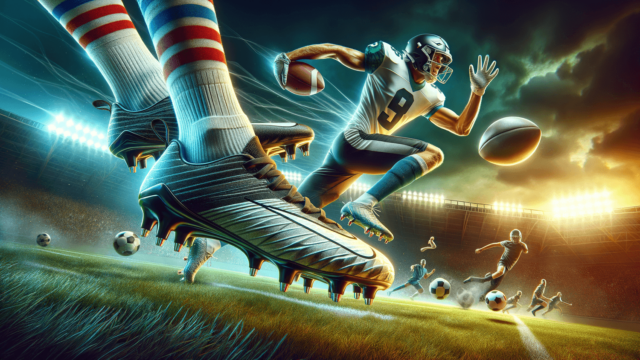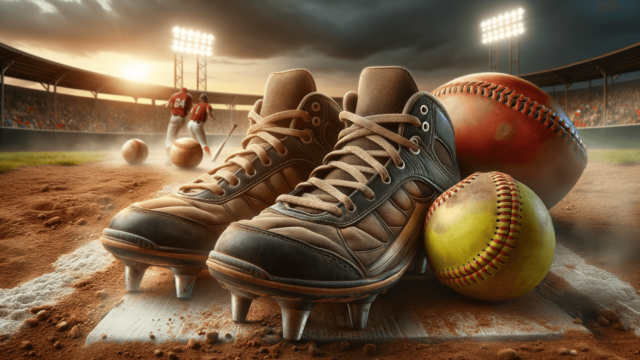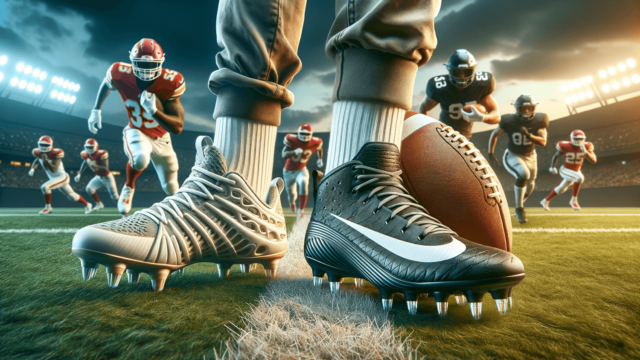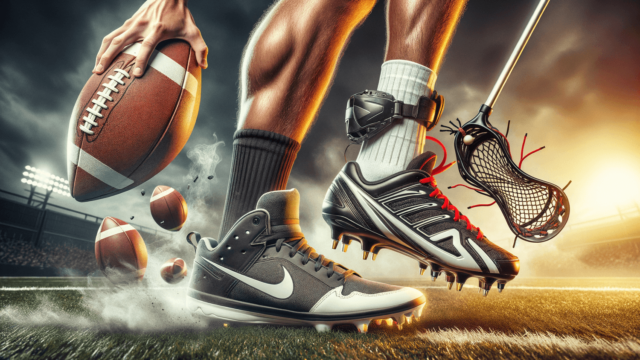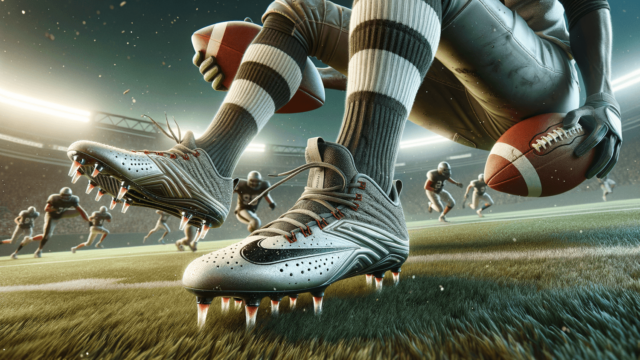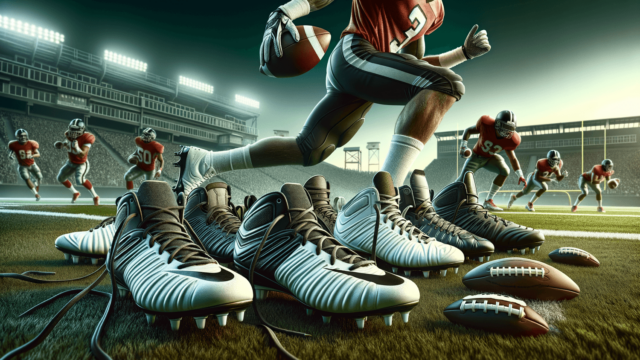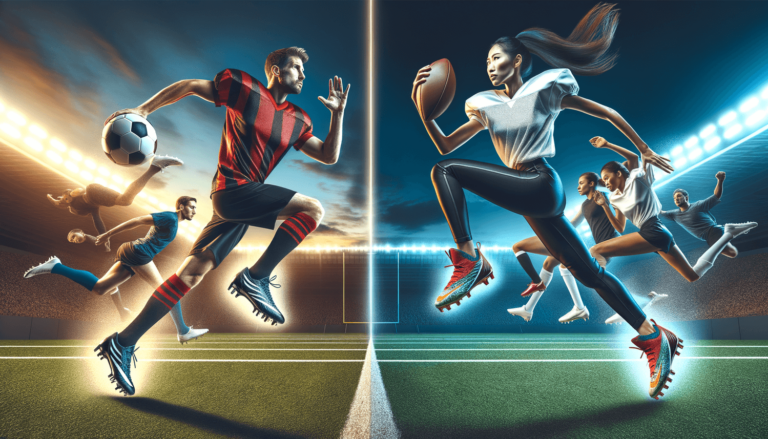
Yes, soccer cleats can be used for football, but there may be some disadvantages in terms of grip, comfort, and support due to differences in stud patterns and design features. It is recommended to use specialized football cleats for optimal performance.
Comparing Soccer and Football Cleats
Soccer and football cleats may appear similar at first glance, but they do have key differences in their design and purpose. Understanding these differences is crucial to determine if soccer cleats can be suitable for football.
Stud Patterns
Soccer cleats feature uniform studs meant for quick movements, while football cleats have varied stud patterns tailored to provide different levels of grip, depending on field conditions and player positions.
Midsole Support
Football cleats often have thicker midsoles and extra padding for better support and protection during impacts, while soccer cleats focus on being lightweight and flexible for better agility.
Pros and Cons of Using Soccer Cleats for Football
Pros
Some advantages of using soccer cleats in football are their lighter weight and increased flexibility, which leads to improved acceleration and quick turns on the field.
Cons
On the other hand, drawbacks include reduced grip, lack of protection, and inadequate support and stability. Using soccer cleats for football can compromise performance and increase injury risk.
Bottom Line: Choose the Right Cleats
While it is possible to use soccer cleats for football, doing so can negatively affect performance and safety. To ensure optimal play and minimize injury risk, it is best to wear specialized football cleats tailored to the player’s position and needs.
Factors to Consider When Choosing Cleats
Several elements come into play when selecting the appropriate cleats for a specific sport, including the type of field, player position, and personal preferences. Keep these factors in mind to make an informed decision.
Field Conditions
Both soccer and football players encounter various field conditions, such as natural grass, artificial turf, or even muddy surfaces. Choose cleats with stud patterns that cater to these different terrains, ensuring optimal traction and stability.
Player Position
Football positions require specific performance features from their cleats. Linemen benefit from high-top cleats with more ankle support, while lighter and more flexible cleats are better suited for skill positions like wide receivers or defensive backs.
Personal Preferences
Regardless of the sport, a comfortable fit is essential. Factors like cleat material, cushioning, and even lacing systems can impact comfort and performance. Remember that personal preferences can vary, so trying on different options is crucial to find the ideal pair.
Alternatives to Soccer Cleats for Football Players
If soccer cleats do not fulfill your specific needs as a football player, there are other alternatives to consider.
Position-Specific Football Cleats
Invest in football cleats designed for your particular position, as they will cater to the unique requirements of your role, such as ankle support, weight, or flexibility.
Multi-Sport Cleats
Multi-sport cleats are designed for use in various sports like football, lacrosse, or soccer. These cleats typically have a versatile stud pattern that can handle different field conditions and sports requirements.
Maintaining Your Cleats for Optimal Performance
Proper care and maintenance can prolong the life of your cleats and ensure peak performance. Regularly clean your cleats, check for loose studs, and allow them to dry completely after each game. These simple steps can help preserve your cleats’ functionality and safety.
FAQ Section: Cleats for Soccer and Football
Below are some common questions that readers might have after going through the blog post about using soccer cleats for football. Find NLP style, concise, and direct answers to help clarify any doubts on this topic.
What is the main difference between soccer and football cleats?
The primary difference is the stud pattern, with soccer cleats featuring uniform studs, while football cleats have position-specific patterns for better grip and support.
Can using soccer cleats for football lead to increased injury risk?
Yes, using soccer cleats in football may increase the risk of injuries due to reduced grip, limited protection, and inadequate support and stability, especially for high-impact positions.
What type of cleats should linemen choose for football?
Linemen should opt for high-top football cleats that provide more ankle support, stability, and protection, as they experience frequent impact during the game.
Is it better to invest in multi-sport cleats, position-specific football cleats, or soccer cleats for football players?
For optimal performance, it is best to invest in position-specific football cleats that cater to the unique requirements of a player’s role, such as ankle support, weight, and flexibility.
How can I maintain my cleats to ensure they last longer?
To prolong the life of your cleats, regularly clean them, check for loose studs, and allow them to dry completely after each game, preserving their functionality and safety.
Featured Posts
- No pillar pages found.
